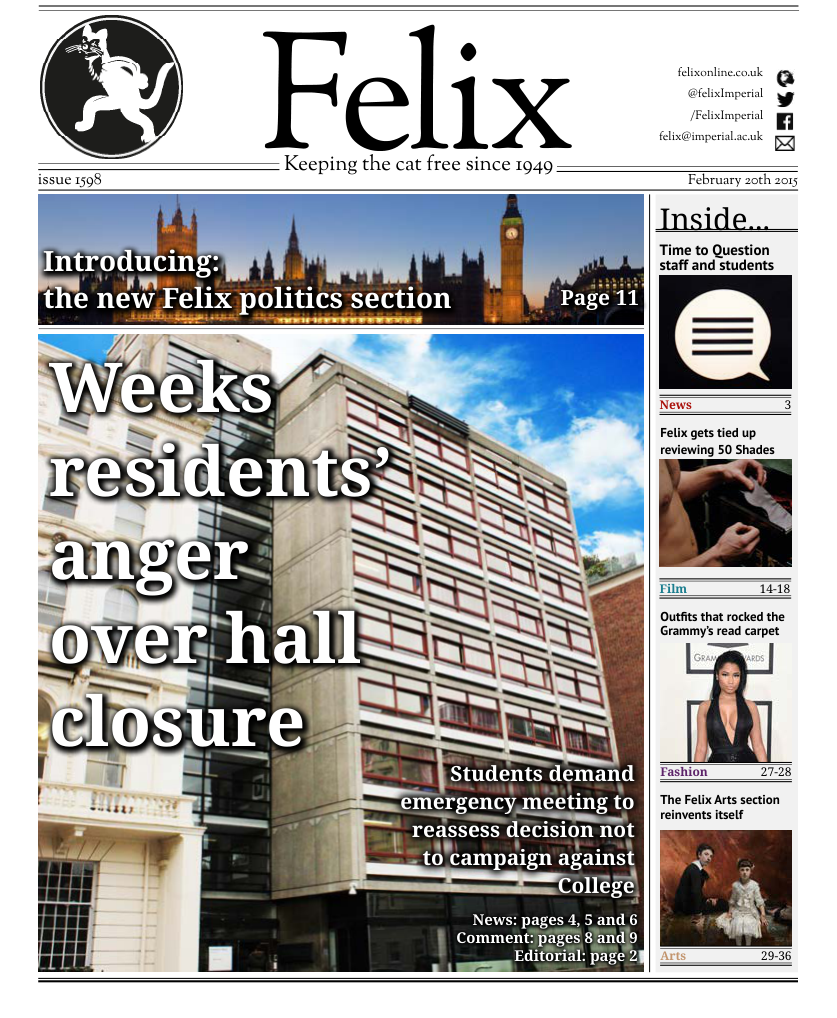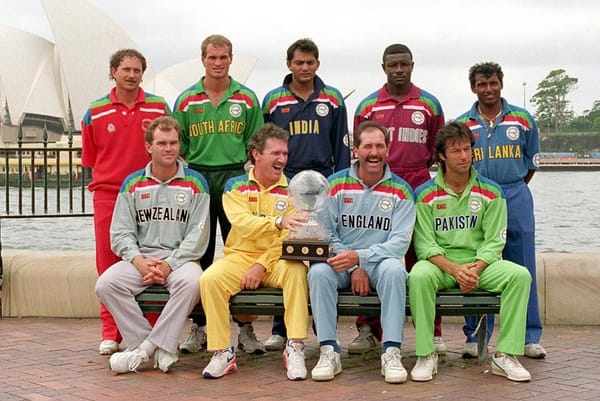Should we boycott Fifty Shades of Grey?
Tessa Davey thinks that it’s time to talk about domestic violence

Fifty Shades of Grey has opened the door for us to talk about sex candidly and honestly in a way that has never been done before, something that can only be a good thing. People are more open to discussing their desires and fantasies than ever, with millions of people exploring new sensations, and rejuvenating their sex lives. But along with this comes a dark side, and ignoring that could be potentially damaging.
It’s fantastic that people are starting to experiment with their sexuality. Certainly among young people, the use of restraints and role-play is completely normal. I’ve played games of Never Have I Ever where people have been given incredulous looks upon admitting that they’ve never experimented with being tied up. However, for our parents’ generation, who the books are aimed at, it’s all very risqué, and something that they’ve probably never tried.
Sex dominates our society, from the media to advertising to clothing, and beyond. It is so important to be open about it; it makes no sense whatsoever for something that is referred to so constantly to be taboo. I have always said that if you’re not mature enough to talk about sex, then you’re not mature enough to be having it. For our generation, this is probably a good measure, but for older generations this simply wasn’t an acceptable option. In this way, Fifty Shades really has caused a revolution in the sexual liberation of middle aged (and older) women and men.
Unfortunately Fifty Shades of Grey isn’t just some pure erotica that happens to have gone mainstream. It is a story of a naïve young woman, Anastasia Steele, and her relationship with billionaire Christian Grey, who happens to be really into BDSM.
Ana is timid, insecure and inexperienced. She is relatable to every single woman who thinks that maybe their life is a bit boring; she appeals to the weakest aspects of our personality. In the same way as Twilight, Fifty Shades of Grey is written in a way that makes you very easily put yourself into her role, and feel the highs and lows with her. You form emotional attachments as she does, and so when reading it through in the whirlwind of an addictive novel, you don’t notice that it’s not a normal paperback romance.
As far as I’m concerned, there is no question as to whether or not Fifty Shades of Grey depicts an abusive relationship. It does. Between stalking her when he first meets her, isolating her, manipulating her, failing to consider her emotional wellbeing, coercing her, and threatening her (even outside of the contract she signs, supposedly giving consent for him to control her), I think it is clear that it is not a shining example of a healthy relationship.
As with any film or book featuring slightly gritty material, we tend to restrict it to those mature enough to handle the content. With many people calling for the boycott of the franchise, and many saying that it should not have been released as a major film production, the question is raised as to whether the authors, or producers, have a responsibility for their content. Surely adults should be allowed to recognise and decide for themselves whether something is good or bad or safe or healthy? Other books, films, and even video games are released that are harrowing from perspectives that we’re more accustomed to (for instance featuring murders), where the person viewing the content is allowed to make the judgement that killing people is wrong. In this case there seems to be a far greater backlash, and I wonder whether that is justified.
The target audience members for this book are uneducated about BDSM lifestyles, and are probably not frequent readers of erotica (or if we’re going to be honest, they wouldn’t be reading Fifty Shades of Grey for anything but a laugh). When they have no experience of such practices, contextualising it only within the framing of being passionate, romantic, and sexy, are people really going to be able to see some of the abusive aspects of the story for what they are? When you take something that people haven’t encountered before and tell them that it’s hot, they’re more likely to accept that rather than question whether what they’re being told is actually even okay. While I absolutely think that people should be given the benefit of the doubt in interpreting what they read and watch, mislabeling an abusive relationship like as this as a whirlwind romance is potentially harmful.
The point at which any activity, be it BDSM or as vanilla as you please, is consensual is at the point of a clear, informed, sober yes. Ana is of a consenting age and is sober, and agrees to Christian Grey’s contract. Does this mean that she is giving informed consent? Ana has never had sex, or even masturbated. Her views of sex and relationships are incredibly underdeveloped for someone her age, and she views them in a very naïve way. She is, in my opinion, not emotionally mature enough to agree to this contract with no discussion. Ana is willing, she’s into it, but I think simply describing all of the sex as consensual because she timidly nods agreement, or she trembles in anticipation, or says it feels good when he goes down on her, is simply insufficient.
The cast, directors, and producers of the film have stated that Fifty Shades of Grey “does not glorify domestic abuse”. This may be true of the film, which has been highly edited and cut to make it suitable for cinematic viewing. The film may not portray the very shaky ground on which the consent stands, but Christian Grey is generally seen to be abusive throughout. The director, Sam Taylor-Johnson, says, “and when he crosses that line it’s a very firm no and she has the final word - she has all the power and he’s the vulnerable one so I don’t think there’s any glamorisation of it.” This is in jarring contrast to parts of the book, where through her narratives, Ana is seen to feel out of her depth.
The film, while being either laughably terrible, or exactly your cup of tea, is, as expected, not as problematic as the books. As far as EL James is concerned, whether or not the book is depicting abuse is not a topic up for discussion, stating, “Don’t get me started. No it’s not - OK?” This is dismissive, and displays an attitude that is grossly unhelpful in a society where talking about sex is still somewhat taboo, and domestic violence is stigmatised.
These books started a positive dialogue about sex, reducing the taboo, and have the potential to help start a conversation that could help break the stigma surrounding domestic violence, an important subject that should be open for free discussion.










